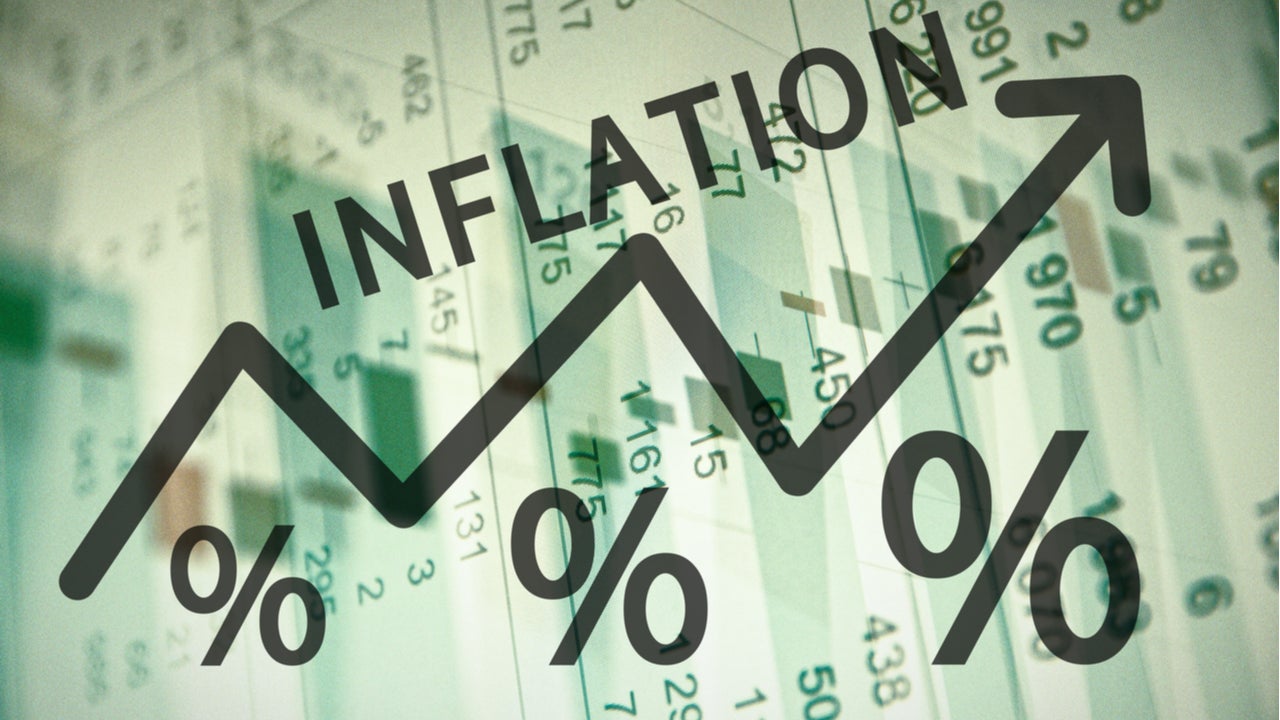Daniel Lacalle
Daniel Lacalle, chief investment officer at Tressis Gestión SGIIC, an asset management services provider, shared an article on how inflation is impacting global economic recovery. The extensive monetary policies adopted by central banks including increase in money supply have led to a spike in inflation, Lacalle noted.
Further, the price of commodities has increased particularly in sectors where there is overcapacity. Shipping costs, for example, have increased to all-time high levels despite overcapacity. Inflation has also offset the average wage growth in the US, while in the eurozone average hourly wages have declined on a year-on-year basis in the second quarter.
Lacalle stated that inflation is going to worsen as central banks are unlikely to initiate any policies that will curb inflation as it helps in reducing the rising debt. Governments and central banks are likely to blame businesses and consumers for the rising inflation. In Spain, for example, the government held electricity producers responsible for the rising electricity prices caused by higher carbon emissions costs.
Inflation is likely to surge in the third quarter as central banks plan to initiate policies such as price controls, which can eventually destroy small businesses and real wages, Lacalle added.
Inflation Is Killing The Recovery.https://t.co/5YLNEXxQLJ
— Daniel Lacalle (@dlacalle_IA) September 19, 2021
 GlobalData Strategic Intelligence
GlobalData Strategic IntelligenceUS Tariffs are shifting - will you react or anticipate?
Don’t let policy changes catch you off guard. Stay proactive with real-time data and expert analysis.
By GlobalData
Brad DeLong
Brad DeLong, professor of economics at the University of California, shared an article on how investment in social infrastructure can support long-term economic growth in the US. The US government is planning to implement a range of bills and amendments aimed at strengthening the country’s social infrastructure, which is based on US President Joe Biden’s Build Back Better agenda.
The process will support workers and families in the US by making investments in care infrastructure including paid family and medical leave, early care and education, income support apart from implementing changes to the unemployment insurance programme. The investments under these programmes can improve the well-being of workers and their families and reduce inequalities particularly for people of colour and those from minority backgrounds.
Insufficient investment in care infrastructure, for example, has forced many care workers to leave the workforce to care for loved ones, which in turn impacts families and the economy. The coronavirus pandemic exacerbated these conditions especially for people of colour who struggled to balance work, caregiving and other family responsibilities. Investing in care infrastructure can address these challenges and create new jobs, while reducing the gender employment gap in the country.
#equitablegrowth @equitablegrowth What I think is most worth reading this week:
1) The stakes involved in pushing the reconciliation bill to the goalposts are very large indeed:
Gould-Werth & Abbott: Congressional Investments in Social Infrastructure <https://t.co/GeM69CTPwB>
— Brad DeLong 🖖 💉 (@delong) September 19, 2021
John Ashcroft
John Ashcroft, founder of The Saturday Economist, a website providing the latest news and updates on the global economy, shared an article on the social security cuts planned by the UK government. The Universal Credit will be cut by £20 ($27) per week in October, which is the biggest cut initiated by the government. The social security cuts also include a public sector pay freeze and increase in national insurance contributions.
Ashcroft noted that the social security cuts could not have come at more inopportune time as the UK economy is already dealing with rising inflation caused by the Covid-19 pandemic and Brexit. The consumer price index increased by 1.2 percentage points to 3.2%, which is the highest since March 2012.
Experts have warned that the UK economy is facing an uncertain future with the social security cuts, the end of the furlough plan this month and rising Delta variant cases. The shortage of workers and materials is also stalling economic growth, which is expected to continue for the next two years. These shortages are mainly due to the changes brought by Brexit, which created trade barriers, raised shipping and raw materials costs and reduced the supply of workers from the European Union to the UK.
https://twitter.com/jkaonline/status/1439518651271499780




